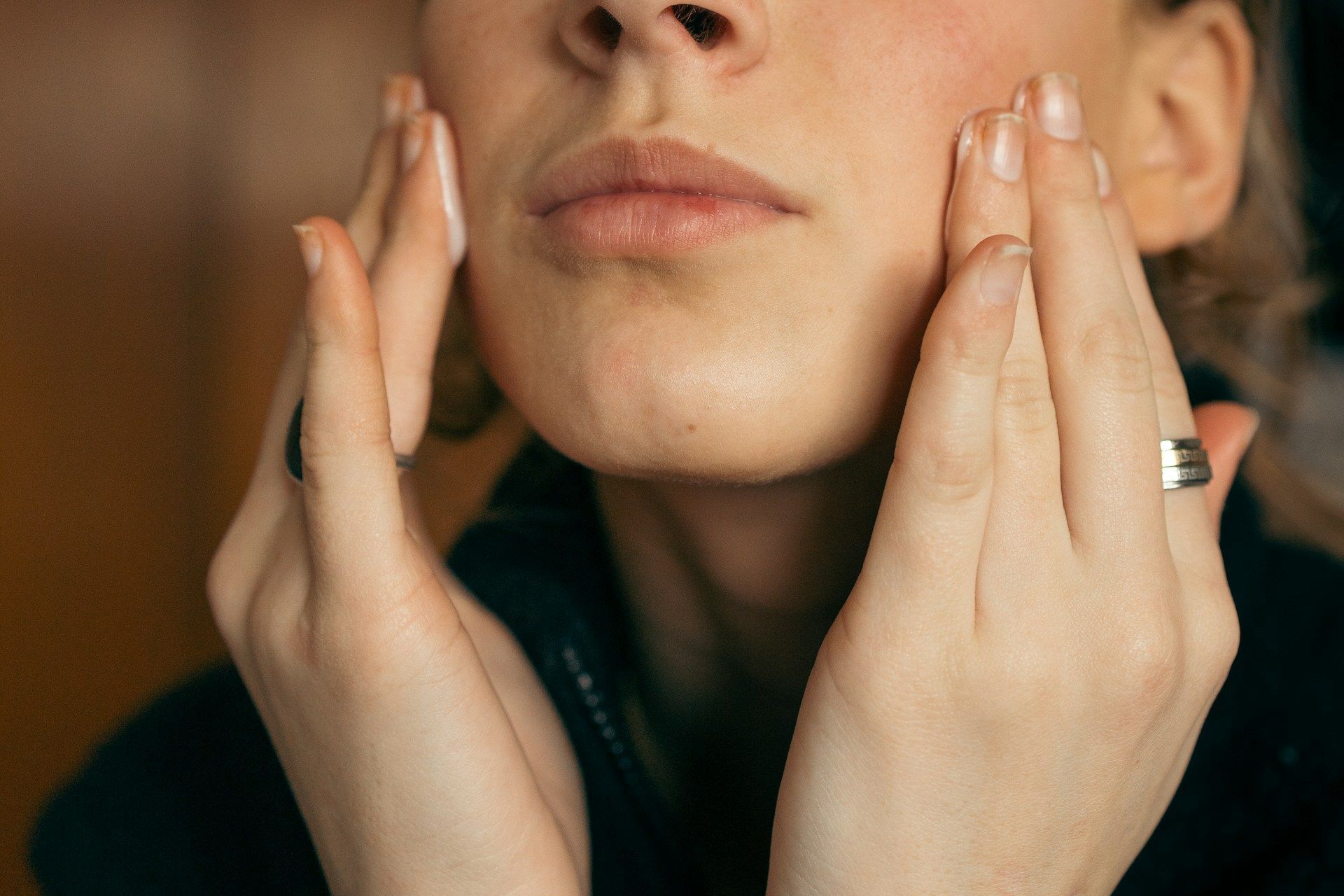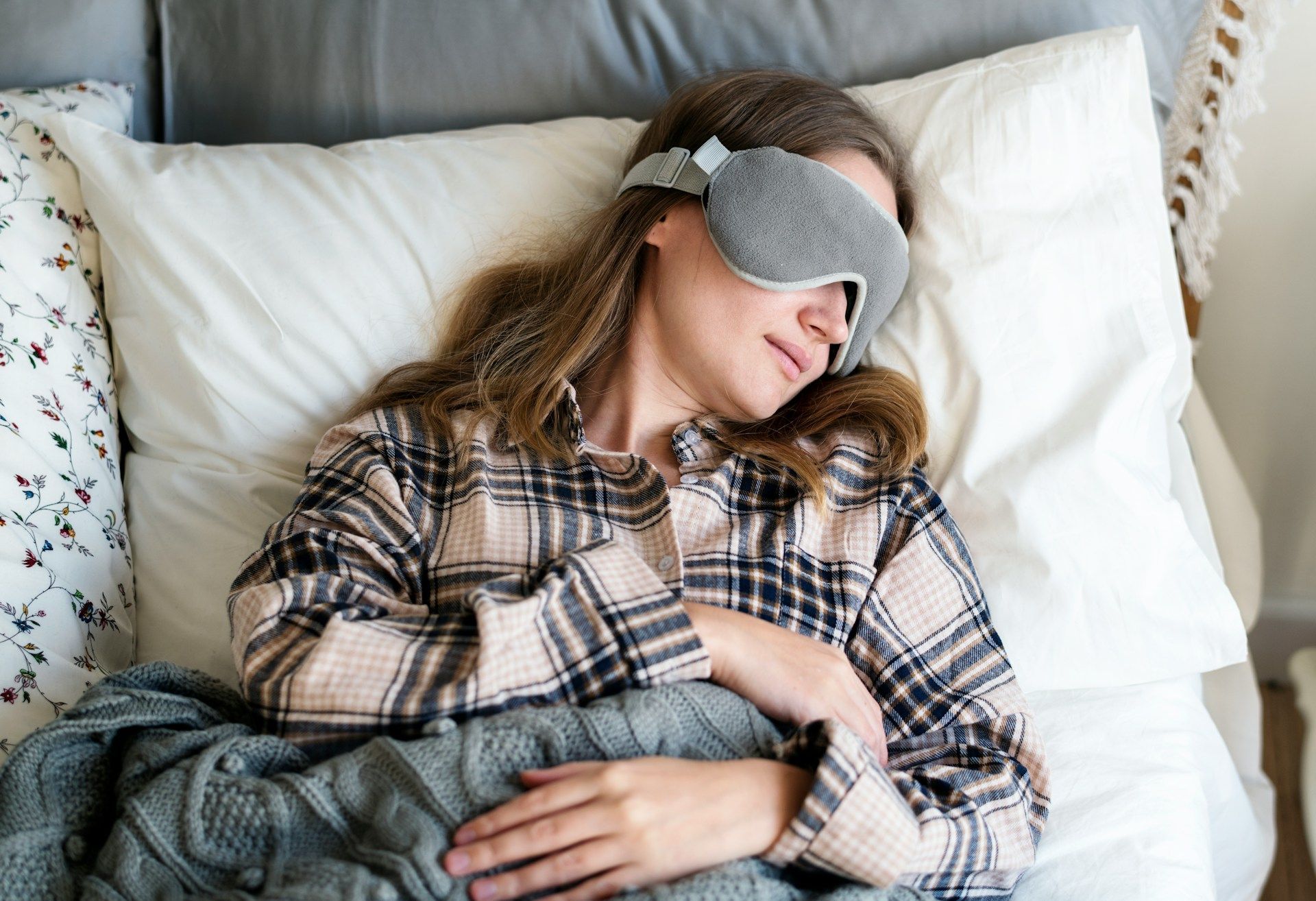The Role of Exercise in Managing Sleep Apnea and TMJ Disorders
At CSAT Meridian - The Center For Sleep Apnea and TMJ in Meridian, ID, our team is committed to providing comprehensive treatment and support for individuals struggling with sleep apnea, snoring, TMJ disorders, and head and facial pain. We understand that to effectively address these issues, a multifaceted approach is required. Alongside medical interventions and lifestyle adjustments, physical activity has emerged as a valuable addition to the management plan for sleep apnea and TMJ disorder patients.
Exercise is widely recognized for its numerous physical and mental health advantages. However, its importance in managing sleep apnea and TMJ disorders is often underestimated. Regular exercise offers several benefits, such as weight management, stress reduction, and the improvement of sleep quality — all vital components in the successful management of these conditions. Exploring the advantages of integrating physical activity into your daily routine, alongside specific types of exercises suited to sleep apnea and TMJ disorder patients, highlights the importance of exercise as part of a comprehensive treatment plan.
In this blog article, we will discuss the benefits of regular exercise for sleep apnea and TMJ disorder management, delve into the most suitable activities for these conditions, and offer helpful tips for successfully incorporating physical activity into your daily routine. At CSAT Meridian - The Center For Sleep Apnea and TMJ in Meridian, ID, we strive to empower our patients with valuable knowledge, tools, and resources essential in overcoming sleep apnea, snoring, TMJ disorders, and head and facial pain.
Benefits of Exercise for Sleep Apnea and TMJ Disorder Management
Incorporating regular physical activity into daily routines offers various advantages for managing sleep apnea and TMJ disorders. Here are some key benefits of exercise for these conditions:
1. Weight Management: Maintaining a healthy weight is crucial for those diagnosed with sleep apnea, as obesity can contribute to the narrowing of airways. Regular exercise can help to keep weight in check, reducing the risk of sleep apnea symptoms worsening.
2. Reduced Inflammation: Exercise has been shown to reduce inflammation, a significant factor in both sleep apnea and TMJ disorders. By keeping inflammation in check through physical activity, patients may experience a reduction in pain and improvement in sleep quality.
3. Improved Sleep Quality: Physical activity can promote deeper, more restorative sleep, as it allows the body to process stress hormones and expend energy. For those with sleep apnea, a night of more restful sleep can mean a reduction in nighttime symptoms and daytime drowsiness.
4. Reduced Stress: As mentioned earlier, stress can negatively impact those with sleep apnea and TMJ disorders. Regular exercise helps stimulate the release of endorphins, the body's natural stress relievers, improving mood and mental health.
Suitable Activities for Sleep Apnea and TMJ Disorder Patients
While it is essential to consult with a healthcare professional before beginning any new exercise regimen, these activities are particularly suitable for those managing sleep apnea and TMJ disorders:
1. Aerobic Exercise: Moderate-intensity aerobic exercises like brisk walking, swimming, or cycling can help strengthen the heart, improve lung function, and promote weight management— all essential factors in sleep apnea treatment.
2. Yoga and Pilates: Both yoga and Pilates emphasize breath control, flexibility, and core strength. These practices can assist in managing TMJ disorders by easing muscular tension in the head and neck regions and have the added benefit of promoting relaxation and stress reduction.
3. Strength Training: Building overall muscle strength can help with weight management and provide support for proper joint alignment. Focusing on exercises that target the head, neck, and shoulder muscles specifically, such as shoulder shrugs or neck stretches, may help reduce TMJ pain and tension.
4. Tai Chi: This gentle, low-impact exercise promotes balance, flexibility, and relaxation, making it suitable for both sleep apnea and TMJ disorder patients. The focus on mindfulness can further help to reduce stress and improve sleep quality.
Tips for Success in Incorporating Physical Activity into Your Daily Routine
Adopting new exercise habits can be challenging, particularly for individuals already juggling the demands of sleep apnea or TMJ disorder management. Here are some tips for success:
1. Set Realistic Goals: Begin with achievable objectives, such as exercising for 15-30 minutes three times a week, and gradually increase the intensity and duration as your fitness improves.
2. Choose Activities You Enjoy: Engaging in enjoyable physical activities can make it easier to establish and maintain an exercise routine.
3. Be Consistent: Try to schedule regular workout sessions and make them a non-negotiable part of your daily or weekly routine.
4. Listen to Your Body: Pay attention to your body's signals, and do not push yourself too hard. Ensure you balance exercise with sufficient recovery time to reduce the risk of injury or worsening symptoms.
The Importance of a Comprehensive Treatment Plan
While regular exercise is an essential component of sleep apnea and TMJ disorder management, it should be used in conjunction with professional medical guidance and other treatments to effectively address these conditions. Consult with a healthcare provider or specialist at CSAT Meridian - The Center For Sleep Apnea and TMJ in Meridian, ID, to discuss appropriate treatment options, such as continuous positive airway pressure (CPAP) therapy, oral appliance therapy, or TMJ treatments tailored to your specific needs.
Conclusion
The incorporation of regular physical activity can play a vital role in the successful management of sleep apnea and TMJ disorders. By understanding the benefits of exercise for these conditions and implementing suitable activities, individuals can work towards improved sleep quality, reduced pain, and better overall health. At CSAT Meridian - The Center For Sleep Apnea and TMJ in Meridian, ID, our dedicated team is here to support you on your journey toward restorative sleep and improved well-being. Prioritizing exercise as part of a multifaceted treatment plan empowers our patients to take control of their health and lead more fulfilling, pain-free lives. Contact us today to learn more about our
sleep apnea treatment in Meridian, ID.
Contact Us
The Center for Sleep Apnea & TMJ
1718 S Millennium Way, Meridian, ID 83642
Phone: (208) 376-3600
Fax: (208) 376-3616
All Rights Reserved
The Center for Sleep Apnea & TMJ
All Rights Reserved - Accessibility Statement
The Center for Sleep Apnea & TMJ










